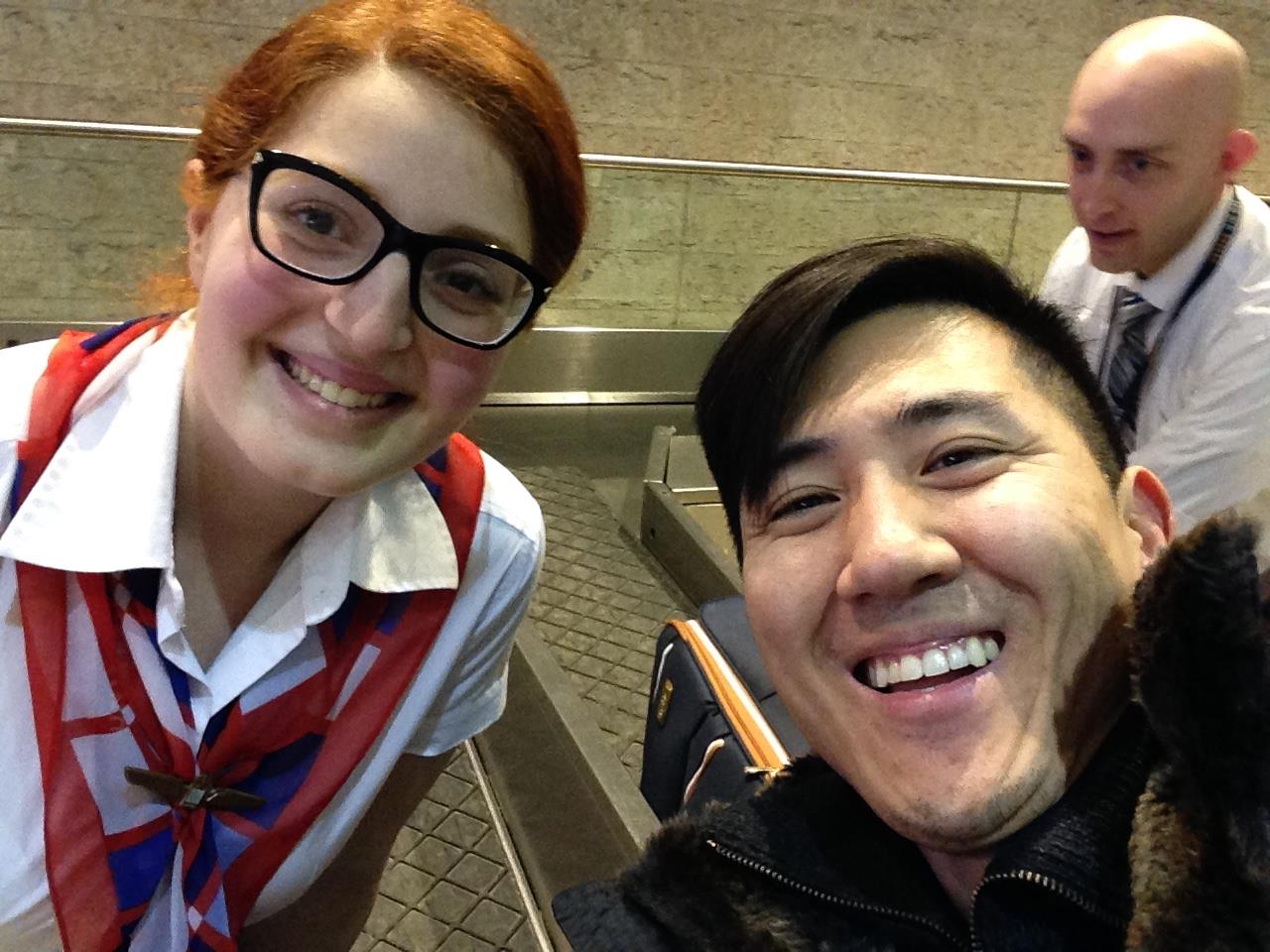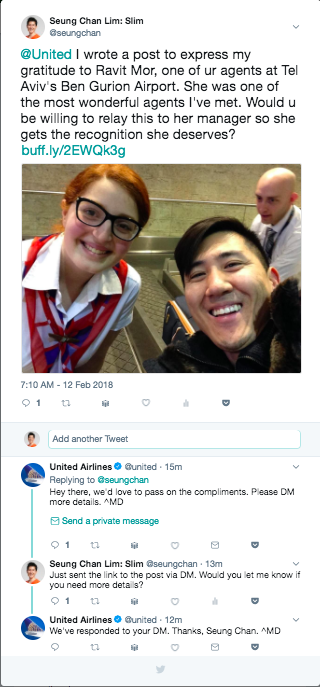“I did my best.
I meditated.
I actively listened.
I created psychological safety.
Yet, they still let me down…”
a founder lamented.
…
Once upon a time,
I was cheated on.
Externally,
I was angry.
I thought I had done
my best,
and yet
this had still happened.
Some said,
that to recover
I needed to hear
her regret.
Perhaps.
But I was already overwhelmed
with my own.
“I should’ve done X.”
“I could’ve done Y better .”
“Why didn’t I know
that Z was not enough?”
Because internally,
I was ashamed.
In hindsight,
what I needed
was appreciation.
The kind
that would’ve helped me let go
of the unconscious belief
that I hadn’t actually
“done my best,”
and thus deserved
to be abandoned.
…
There are times,
when we think “doing our best”
means following best practices
as espoused by podcasts
or academic research.
It can.
So long as it also means
accepting we’ve done our best
even if the practices fail.
So long as it also means
learning to grieve
when they fail.
So long as it also means
leveraging the meaning
of them having failed.
All
for the purpose
of recovery.

